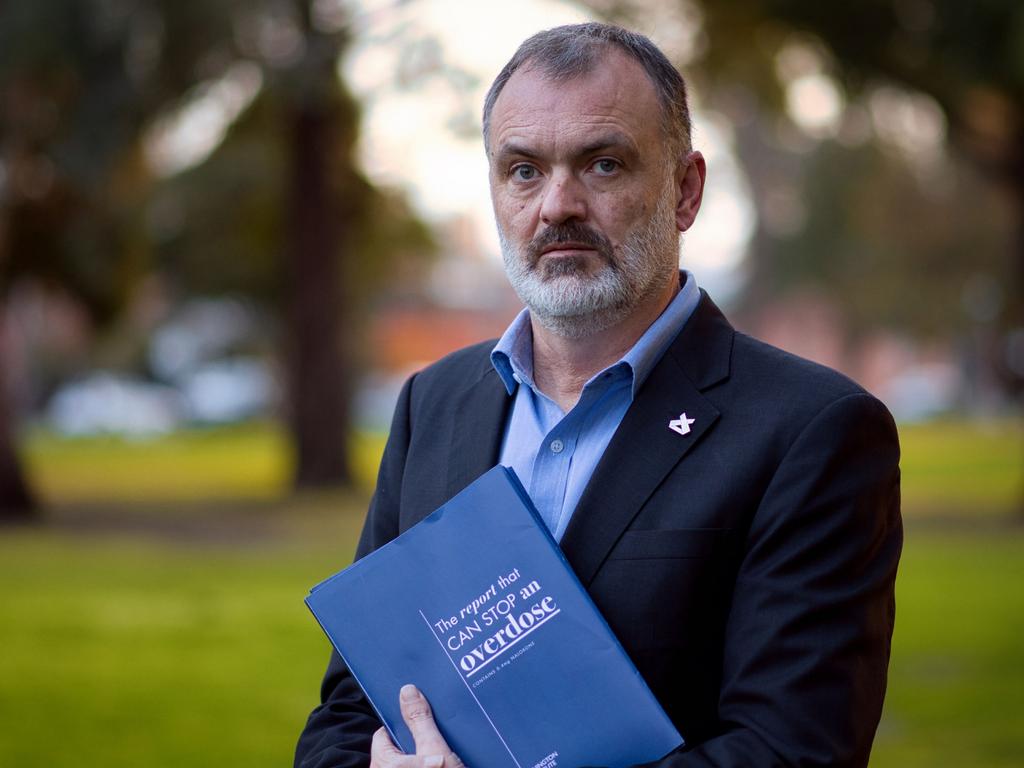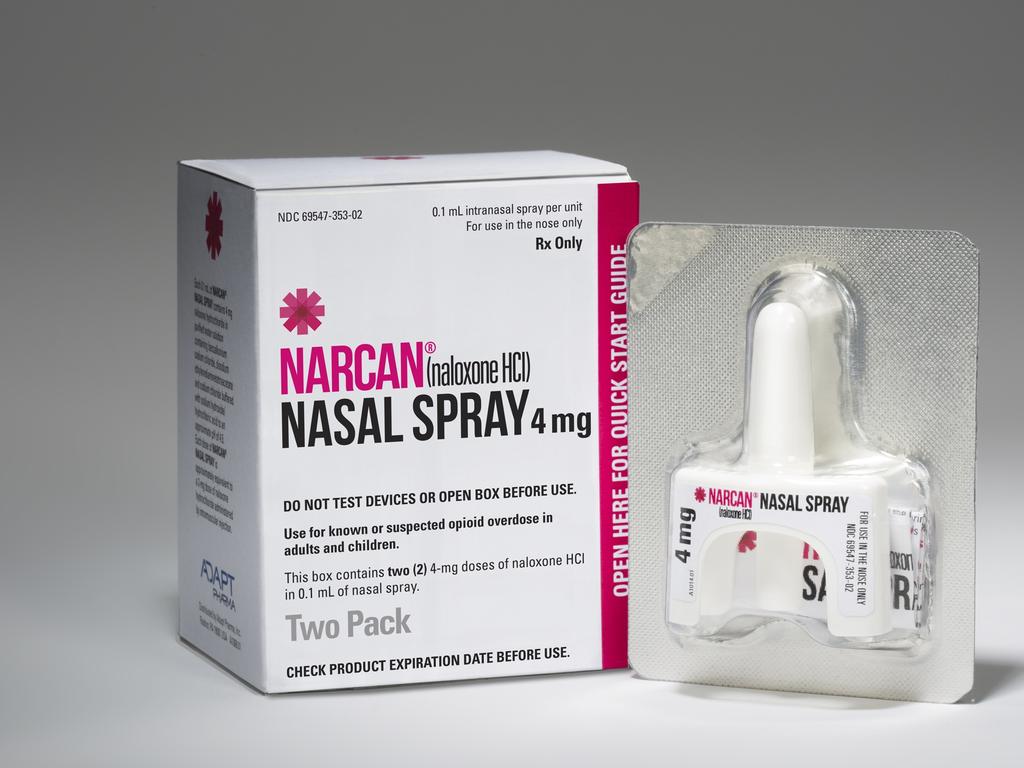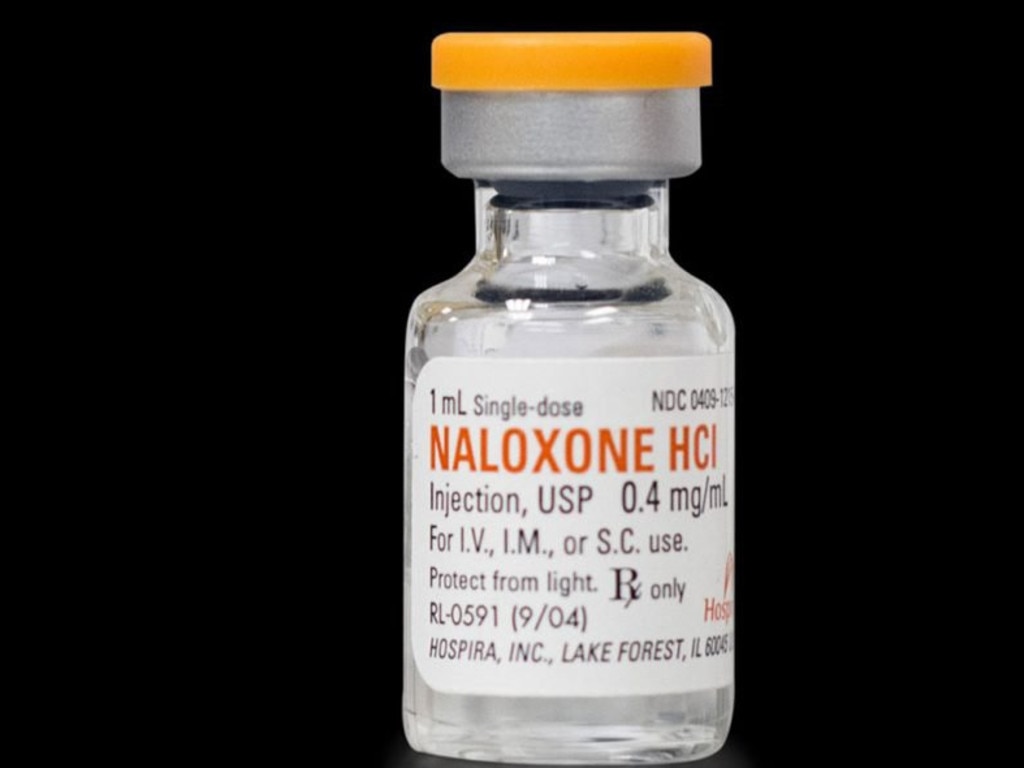John Ryan: Australia needs to wake up to its drug problems
The population of a decent sized Australian town have died from drug overdoses in the last 10 years - but there is something we could do to stop the carnage.
OPINION
More than 20,000 Australians have died from overdose in the last 10 years.
These numbers should speak for themselves. Unfortunately, they’re not being heard.
Most drug problems start with trusted people, the doctor, pharmacist, older siblings and friends.
The drugs most implicated in overdose are often prescribed after trauma. Even those who start off wanting to alter their perception non-medically often get their taste from friends or family, especially older siblings.
Fatal overdose is a proxy for the prevalence of drug use issues but is often kept secret to avoid the shame. When our leaders talk about family values, they are loath to admit that in their circles are respectable families who have ended up with drug-using children.
The right is typically wary of government overreach and often challenges the nanny state propensity on the left. But the right not only supports the big government War on Drugs, it continues to fund law enforcement to the tune of two-thirds of the drugs budget in Australia. On this, the nanny state left and conservative right have long been a unity ticket.
Classical liberals, often principled in their support of protecting our freedoms from draconian government overreach, are largely missing in action when it comes to questioning the wasteful War on Drugs.

This isn’t only an Australian problem, either. Unfortunately, illicit drug trafficking is a globalisation success story. No country is free of drug problems and most of the problems are worse than they used to be, both in scale and the potency of substances. From benzodiazepines in West Africa to fentanyl in North America and ice in the Indo-Pacific, drug types and potency have increased and drug use has spread globally.
The big government approach, conducted with little regard to its failures, has continued unabated, wasting money, disempowering communities and eroding liberties while our loved ones are dying.
Applying the Australian Government’s own estimate of the value society places on a year of life ($213,000) means that, conservatively, overdose deaths cost our economy more than $15 billion a year.
But there are responses which save lives while being cost-effective and respectful of human dignity.
The biggest and best intervention would be to develop a National Overdose Prevention Strategy in consultation with people with lived experience and other experts.

This isn’t uncharted territory. Australia had a National Heroin Overdose Strategy twenty years ago. Almost all the recommendations could still be implemented. While it’s gathered dust, almost 35,000 Australians have died of preventable overdoses, many including pharmaceutical drugs, not just heroin.
Another easy win would be for the Commonwealth to immediately expand its pilot of community access to naloxone (an opioid overdose reversal drug) from New South Wales, SA and WA to all states and territories. Naloxone (narcan) is very safe, as evidenced overseas, there is no time to waste in sharing its lifesaving potential to all Australians at risk.
Health professionals need to treat drug risks and addiction as a health issue just as much as governments need to. It is a mainstream problem and there are terrific new long-acting opioid substitution treatments in the market (a true innovation) but, ironically, not enough engaged health professionals to supply them to those in need. Giving doctors proper remuneration for addiction health is overdue.
Prescription monitoring is not a silver bullet solution. I have heard too many stories of people flagged by the system and then kicked out of health care into worse circumstances.

With almost 35,000 dead in two decades, it is time to trust people by investing in knowledge about pharmaceutical and illicit drugs and developing a national strategy for overdose that leaves no community unprotected.
$15 billion every year is a huge cost – but not as great as the awful grief thousands of Australians families are saddled with, often in silence, after an overdose death.
It is time for a dose of reality.
John Ryan is the CEO of the Penington Institute, which aims to improve community safety in relation to drugs, including alcohol and pharmaceuticals.
Originally published as John Ryan: Australia needs to wake up to its drug problems








